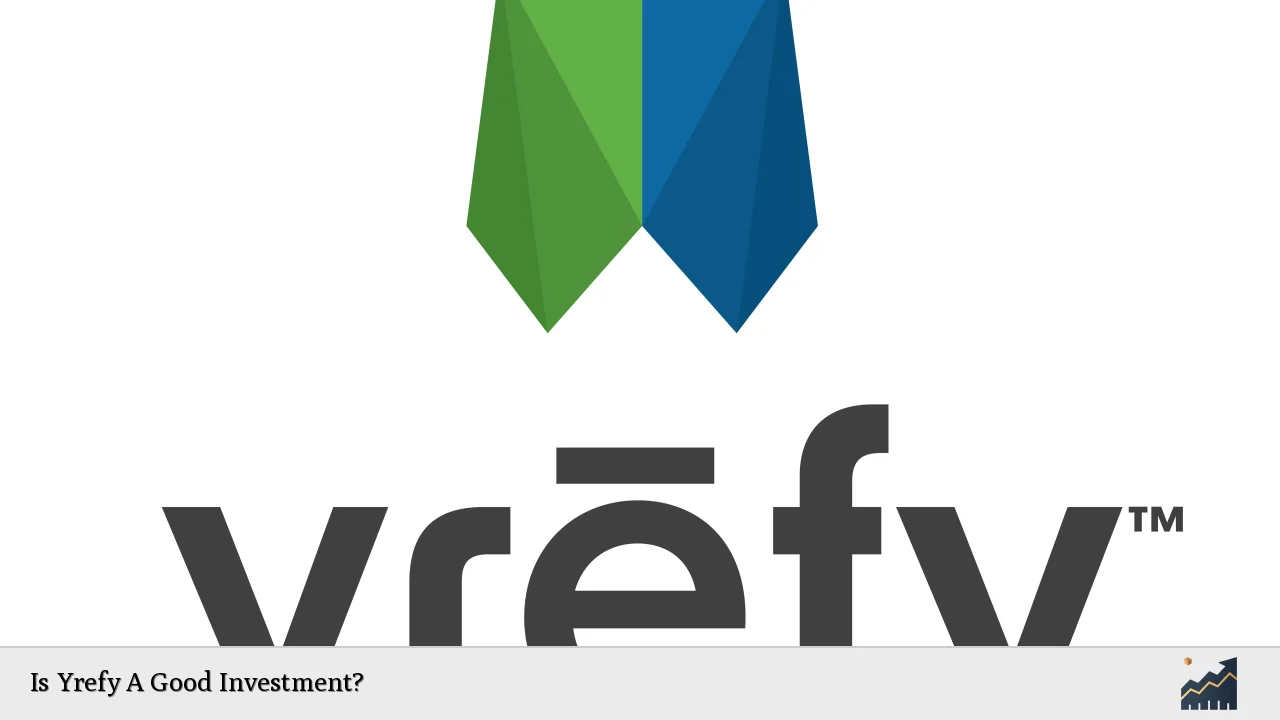Yrefy is a financial service that specializes in refinancing private student loans, particularly for borrowers who are in default or facing delinquency. Founded in 2017, Yrefy aims to provide a solution for individuals struggling with high-interest student loans by offering lower rates and more manageable payment options. The company has gained attention for its unique investment opportunities, which promise high returns for accredited investors while simultaneously aiding borrowers in distress.
Investors interested in Yrefy should consider several factors, including the company’s business model, investment offerings, and associated risks. Yrefy presents a compelling case for those looking for fixed-income investments with potentially high returns. However, as with any investment, it’s essential to weigh the benefits against the risks involved.
| Aspect | Details |
|---|---|
| Founded | 2017 |
| Focus | Refinancing private student loans |
| Investment Minimum | $50,000 |
| Returns | Up to 10.25% fixed interest |
Understanding Yrefy’s Business Model
Yrefy’s business model revolves around purchasing distressed private student loans at a discount and refinancing them at lower interest rates. This approach allows the company to offer borrowers more favorable terms while generating profit through the difference between the purchase price of the loans and the amounts paid by borrowers.
The company primarily targets individuals who have defaulted on their loans or are struggling with high-interest rates. By focusing on this niche market, Yrefy not only helps borrowers regain control over their finances but also creates a potentially lucrative investment opportunity for accredited investors.
Investors can expect fixed interest rates ranging from 6.25% to 10.25%, depending on the term of the investment, which can range from one to five years. This structure appeals to those looking for stable income streams in an unpredictable market.
Investment Options Offered by Yrefy
Yrefy provides several investment options tailored to accredited investors seeking fixed-income opportunities. The minimum investment required is $50,000, making it accessible primarily to higher-net-worth individuals or institutional investors.
Investment options include:
- 1-Year Fixed Rate Notes: Offering a return of 6.25%.
- 2-Year Fixed Rate Notes: Offering a return of 6.75%.
- 3-Year Fixed Rate Notes: Offering a return of 7.50%.
- 4-Year Fixed Rate Notes: Offering a return of 8.25%.
- 5-Year Fixed Rate Notes: Offering a return of 10.25%.
These options allow investors to choose the duration that best fits their financial goals while enjoying predictable returns.
Risks Associated with Investing in Yrefy
While Yrefy offers attractive returns, potential investors must also consider the risks involved. Some key risks include:
- Market Risk: Changes in economic conditions can affect borrower repayment rates and overall loan performance.
- Credit Risk: Although Yrefy claims a default rate of less than 2%, investing in distressed loans carries inherent credit risk, especially if economic conditions worsen.
- Liquidity Risk: The minimum investment requirement and potential penalties for early withdrawal may limit liquidity for investors needing quick access to funds.
Understanding these risks is crucial for making informed investment decisions and aligning them with personal risk tolerance levels.
Evaluating Returns and Performance
Yrefy’s ability to deliver consistent returns hinges on its effective management of refinanced loans and borrower repayments. The company has reported never missing an investor payment (interest or principal), which adds a layer of confidence for potential investors.
However, it is essential to scrutinize how these returns compare with other fixed-income investments in the market. While Yrefy’s returns are competitive, they should be evaluated against potential alternatives such as corporate bonds or real estate investments that may offer similar or better risk-adjusted returns.
Comparing Yrefy with Other Investment Options
When considering an investment in Yrefy, it’s beneficial to compare it with other similar opportunities available in the market. Below is a simple comparison table highlighting key aspects:
| Investment Type | Average Return |
|---|---|
| Yrefy (fixed notes) | 6.25% – 10.25% |
| Certain Corporate Bonds | 4% – 8% |
| Real Estate Investment Trusts (REITs) | 5% – 12% |
This comparison illustrates that while Yrefy’s returns are competitive, they fall within a broader range of investment opportunities that may offer varying degrees of risk and reward.
Who Should Consider Investing in Yrefy?
Investing in Yrefy may be particularly appealing to:
- Accredited Investors: Individuals or entities meeting specific income or net worth criteria who are looking for higher-yield opportunities.
- Socially Conscious Investors: Those interested in making a positive impact by helping borrowers regain financial stability while earning returns.
- Fixed-Income Seekers: Investors looking for predictable income streams without exposure to stock market volatility.
However, potential investors should ensure they understand their risk tolerance and financial goals before committing funds.
FAQs About Is Yrefy A Good Investment?
- What types of investments does Yrefy offer?
Yrefy offers fixed-rate notes with varying terms from one to five years. - What is the minimum investment amount?
The minimum investment amount required is $50,000. - What returns can I expect?
Investors can expect fixed interest rates ranging from 6.25% to 10.25%. - Is there any liquidity feature?
Yes, Yrefy offers an early redemption option with certain conditions. - What is the risk level associated with investing in Yrefy?
The risks include market risk, credit risk, and liquidity risk.
In conclusion, whether Yrefy is a good investment depends on individual financial situations and goals. It offers unique opportunities but comes with inherent risks that must be carefully considered before investing. As always, consulting with a financial advisor is advisable when making significant investment decisions.

